Pakistan:
A country located in South Asia, boasts a rich and diverse cultural heritage that dates back thousands of years. Thanks to its history, geography, and influences from surrounding regions, Pakistan is home to a fascinating mosaic of customs, traditions, languages, cuisine, and religious practices. In this article, we will delve into the various aspects of culture in Pakistan, highlighting its significance and the diverse elements that contribute to its uniqueness.
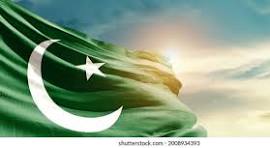
Historical Background
Pakistan's cultural identity is deeply rooted in its history, beginning with the Indus Valley Civilization, one of the oldest urban civilizations in the world. Over the centuries, the region witnessed the influence of various empires and conquerors, such as the Mauryans, Greeks, Persians, Arabs, and Mughals – resulting in a remarkable fusion of customs and traditions.
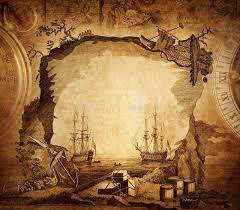
Religious Diversity
Religion plays a significant role in Pakistani culture, with Islam being the dominant faith. The country is home to a large Muslim population, with different sects and schools of thought coexisting harmoniously. The Islamic calendar defines many important festivals, including Eid-ul-Fitr, Eid-ul-Adha, and Ramadan, when Muslims fast from dawn to dusk. The Sufi tradition, characterized by devotion and mysticism, is also widely embraced, with numerous Sufi shrines attracting devotees from all walks of life.

Languages and Literature
Pakistan is a linguistically diverse nation, with several languages spoken across its regions. Urdu, serving as the national language, is widely understood and spoken, while regional languages, such as Punjabi, Sindhi, Balochi, and Pashto, are also prevalent. Pakistan has a rich literary heritage, with notable poets and writers leaving a profound impact on the world of literature. Legendary poets like Allama Iqbal and Faiz Ahmed Faiz have evoked emotions and inspired generations with their stirring verses.
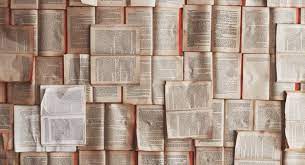
Art, Craft, and Architecture
Pakistan boasts an impressive artistic tradition, manifesting in various forms such as textiles, pottery, calligraphy, and handicrafts. Pakistani textiles, including intricate embroidery work and exquisite handcrafted fabrics like silk and cotton, are famous worldwide. The country's architecture showcases a blend of Islamic, Mughal, and indigenous influences, with magnificent structures like the Badshahi Mosque in Lahore and the Shah Jahan Mosque in Thatta standing as testament to its architectural brilliance.
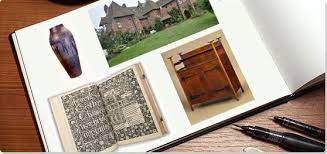
Music and Dance
Music holds a prominent position in Pakistan's cultural fabric. Classical music forms like Qawwali, Ghazal, and Sufi music resonate deeply with the populace. Pakistan also boasts a vibrant pop and rock music scene, with talented musicians gaining national and international acclaim. Traditional dance forms, such as Bhangra, Kathak, and Attan, are showcased at festivals and events, providing a glimpse into the rich cultural traditions of the country.
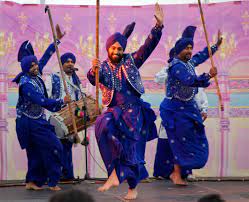
Cuisine
Pakistani cuisine is renowned for its mouthwatering flavors and aromatic spices. Influenced by various culinary traditions, including Mughlai, Persian, and Afghan, Pakistani dishes are a delightful mix of rich curries, succulent kebabs, biryanis, bread varieties like naan and roti, and a multitude of savory snacks. Sharing a meal is an important part of Pakistani culture, reinforcing the value of hospitality and communal dining.
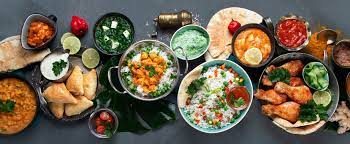
Conclusion
Pakistan's culture is a dynamic tapestry that weaves together numerous threads of history, religion, art, literature, music, and culinary delights. Despite its challenges, the country continues to treasure and celebrate its cultural diversity, embracing traditions that have been passed down through generations. Immersed in a rich tapestry of past and present, Pakistan's culture remains an integral part of its national identity, captivating both locals and visitors alike with its charm and uniqueness.



You must be logged in to post a comment.